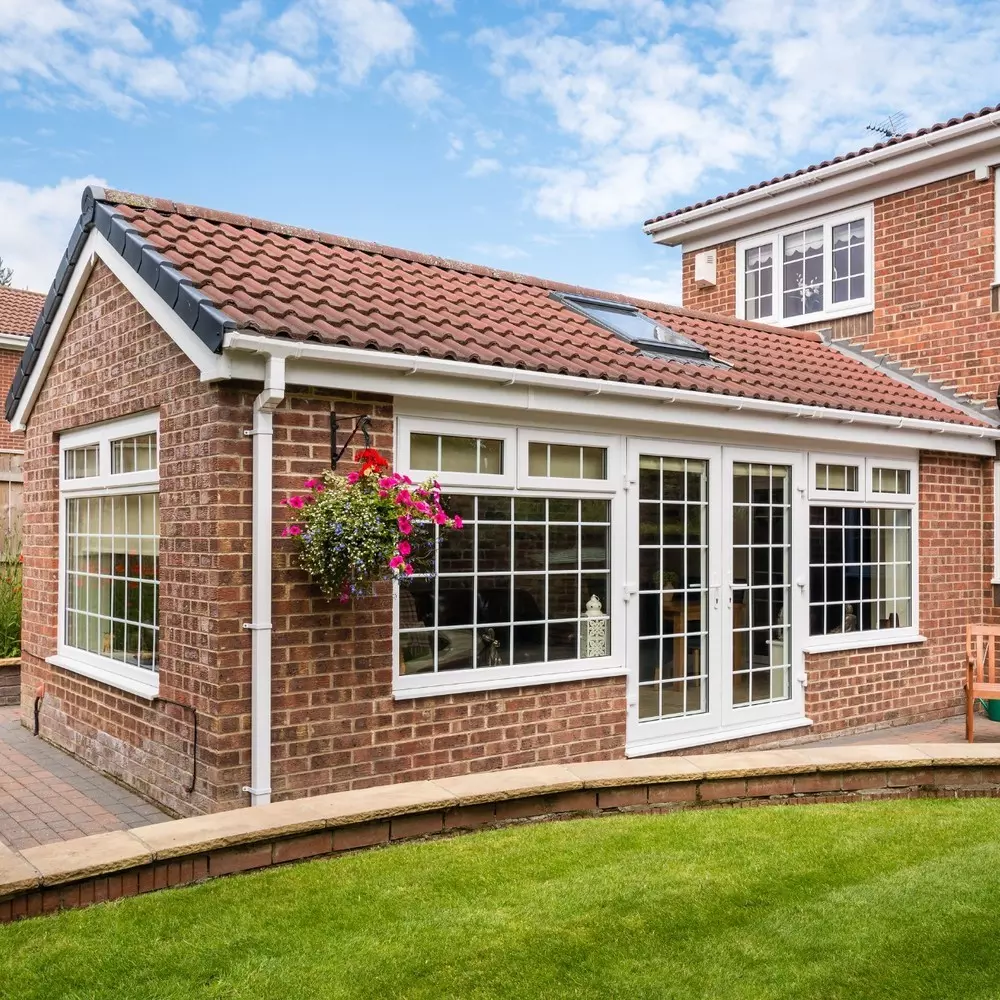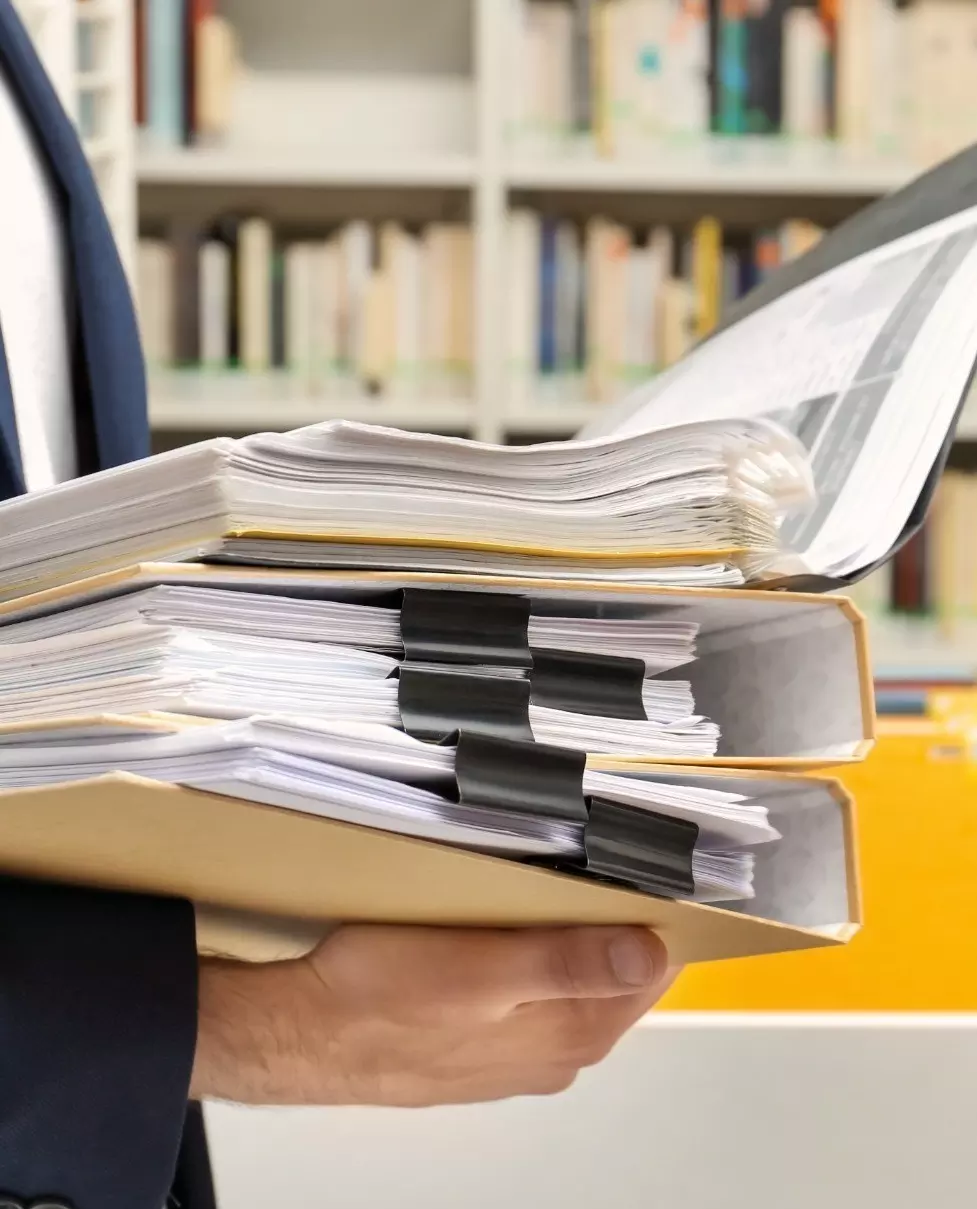Homeowners are often concerned about the value of their home. A big question that property owners often asks: Is your home an asset? Kent Property Witness offer RICS expert witness surveyor services for Tonbridge and Kent. We discuss if your home is really an asset.
Depending on how you look at your home and your property's goals, it can be seen as both an asset and a liability. For example, when purchasing a new property, most new homeowners will see their home from a financial perspective.
In this way, their home is an asset, given that they own it and have a net worth. Not only this, but they can borrow greater amounts of money against their new home, improve it to increase in value, and even sell it later for cash.
Conversely, those who look at their new home from the business perspective will see their new property as a liability.
As something that you own, your home will almost constantly cost you money to own and maintain. This includes things such as bills, repairs, mortgage payments and tax that you must pay regularly. Additionally, your personal home has no regular cash flow and, rather than earning you income on its own, takes money from you.
Your goals for your home can also determine whether it is an asset or a liability. For example, if you only wish to use your property as a family home, providing your family with somewhere to live will make the property a liability.
Alternatively, if you wish to make money on the property by renting it to tenants, this will turn it into an asset that brings you an income. Therefore you can see how your perspective of your home and the goals you have regarding the property can change whether your house is an asset or a liability.

What Is The Definition of an Asset and a Liability?
It will be helpful for us first to define what assets and liabilities are and what fundamental differences there are between the two concepts:
Asset
An asset is something that holds value and that you can trade for cash or other cash-like valuables. On a personal finance level, assets may include objects you own, such as collectables or furniture, investments, and private property.
On a business level, an asset creates revenue for your company or that your business can financially benefit from owning or using.
Liability
Conversely, a liability is something that is a financial responsibility that you have to pay to someone.
For businesses, these can be long-term liabilities, including long-term debt payments over a particular period of time or regular energy bills and payroll responsibilities.
In a basic sense, when you boil these two concepts down to their essential meanings, an asset is an item that holds value and that will bring you revenue through a series of cash flows over time. A liability, on the other hand, is an item that will cost you money over time.
Liabilities That Your Home Creates
Now that we understand the difference between an asset and a liability, we will look at what liabilities are generated by owning houses.
As in the definition above, long-term financial debts, such as mortgages, are classed as a liability that will lose you money over time. Furthermore, things such as repair and maintenance costs are also classed as liabilities that your home generates. Tax and securing home insurance will also fall into this group of financial obligations.
Additionally, if you finally decide to sell your house after a period of time, you still could not make a profit on it. Even if you manage to get twice the market price that you paid for the property when finally selling to someone else, the accrued costs of owning a home over the years can offset your profits.
Therefore, while the house itself holds value, or home equity, and may be classed as an asset in this sense, the fact that appreciation of a family home is not guaranteed means it is also a liability from a business perspective.
Here you can see how owning a property as a family home, rather than as a business interest that you can make money from, creates liabilities. But again, this is only the business perspective. As mentioned above, your home will naturally hold value as property could also make it an asset. It is merely that it is not something that puts money in your pocket that makes your family home into a liability.
THE DIFFERENCE BETWEEN YOUR HOME AND INVESTMENT REAL ESTATE

By the numbers, your family home as a primary residence is not a financial asset. It costs you money to live in and maintain, and you are unlikely to make an actual profit on it when you finally decide to sell.
Therefore, rather than providing you with an income, whether in the present or the future, it drains your money throughout your homeownership.
Your home will be especially draining if you do not fully own it yet. If you are paying your mortgage to a bank or lender, your home is their asset, not yours. B
y netting your mortgage provider a regular, monthly annuity, your home is their asset, providing them with a steady income. Of course, you have the interest rates to pay on top of this as well.
Proving how a family home is an asset for a bank or lender to own and how it can only ever be a financial liability for yourself. Even if you fail to fulfil your mortgage payments at some point, the bank or lender still owns the property - along with all the money you have previously paid them.
Therefore if you default on your loan, your bank or lender doesn't lose out as they still get to keep the asset that is your home while you end up with nothing.
Investment Real Estate Properties
The other side of this is investment real estate properties. Rather than a family home, which you purchase with the sole purpose of living in, an investment property is one which you buy and only intend to generate income every month from. But this perspective on properties comes with its own pitfalls too.
To profit from an investment property, you must be sure that your revenues outweigh your costs. As with any business, you need positive cash flows for it to be a profitable venture.
With an investment property, the only way to do this is by ensuring that the money you receive from your tenants each month in rental income covers all of your expenses, such as your mortgage and property taxes.
Again, this is a purely financial standpoint with regards to owning property as an asset. If your goal is purely to make money from a property, renting it out to tenants is the only way to turn it into an asset. This turns your property into a business instrument that provides you with income, and as per our definitions above, will become an asset.

Is Your House an Asset or a Liability?
Ultimately, as stated in the introduction to this article, whether the house you live in is an asset or a liability depends on several factors.
Initially, this determination depends on the way that you view the property. If you consider your home in strictly financial terms, then it can be classed as an asset. This is because the property itself intrinsically holds capital value and can be sold for cash, thus making it an asset and providing you with a series of cash flows over time.
Conversely, if you consider your home from a business standpoint, then your home is a liability. Given that you will be forced to part with potentially more money during your ownership of the property than the house's value, this makes it unprofitable. But, again, this only makes your home a liability from a business point of view.
Another way your house may be classed as an asset rather than a liability is if you do not live in the property but instead rent it out to tenants. This, from the business perspective, would make your house a source of regular income, and therefore an asset. But, of course, this income must be of a greater value than the costs of owning the property to make it profitable.
Are you looking for advice about property asset management? Contact us at Kent Property Witness and give us a call about any information or advice about property assessments.
If you are looking for advice in the asset management sector in Tonbridge and Kent get in contact today. Our RICS expert witnesses property surveyor can offer the best services.

